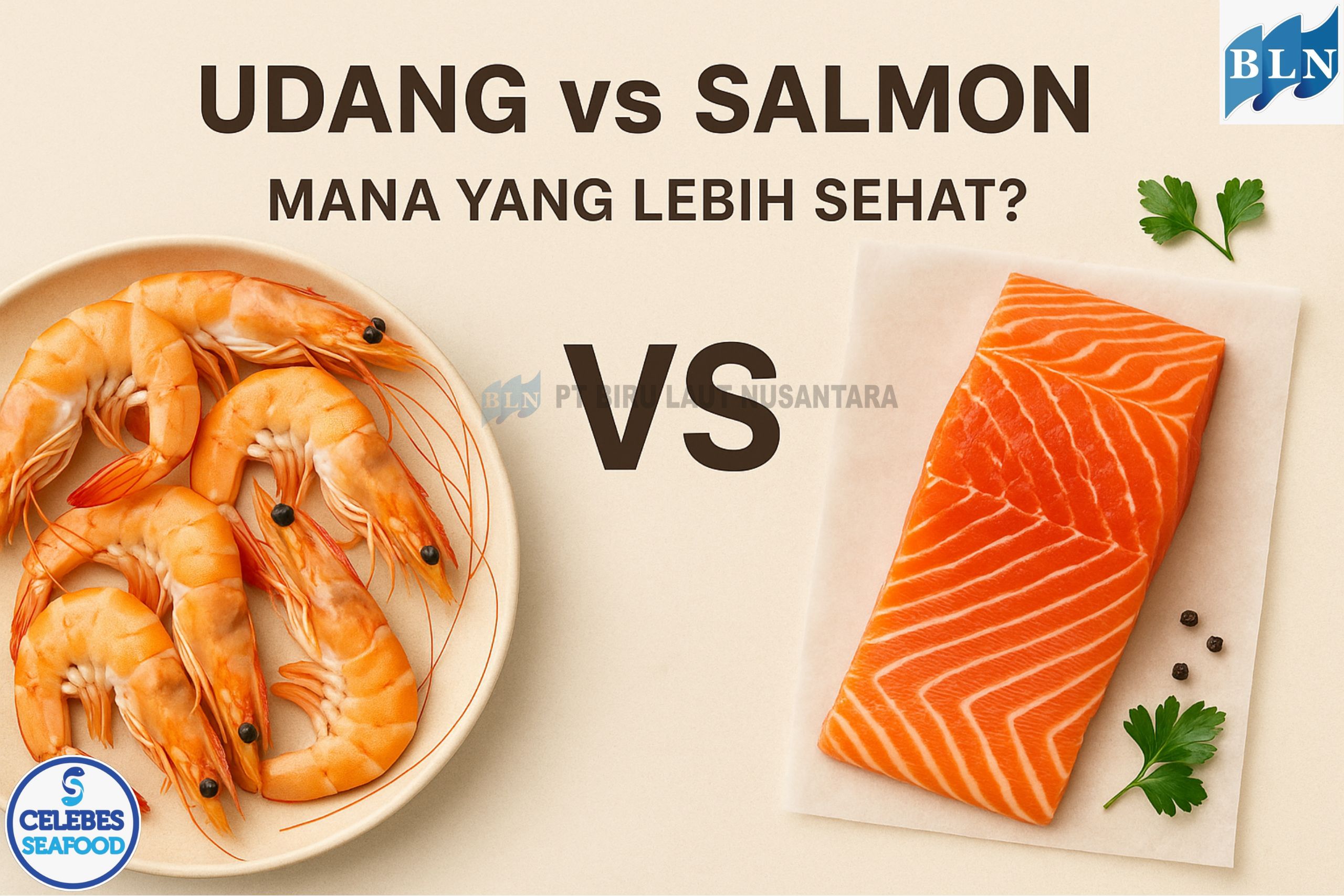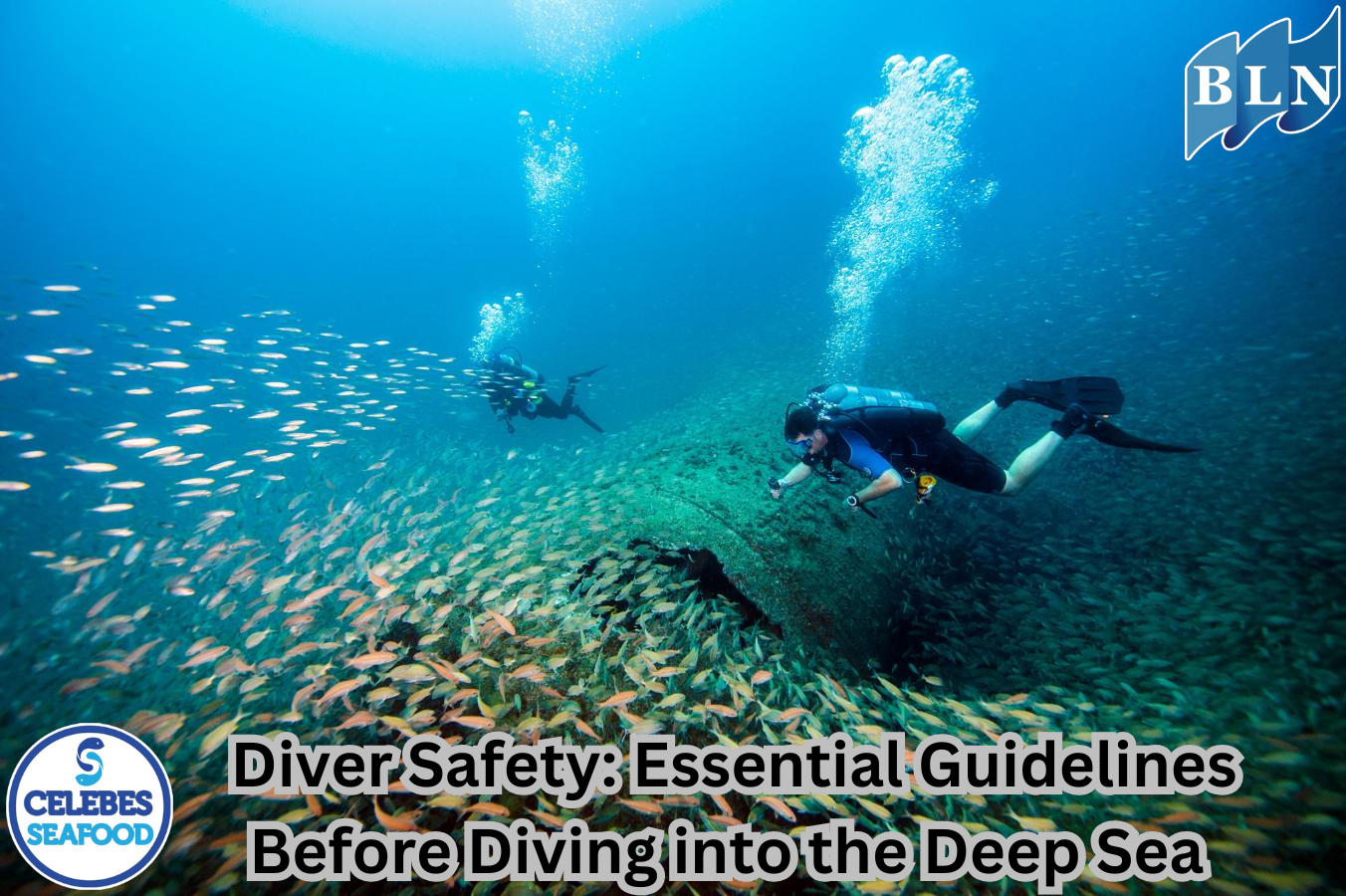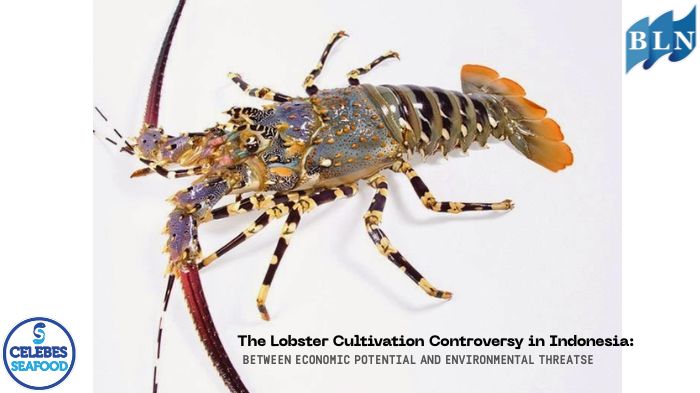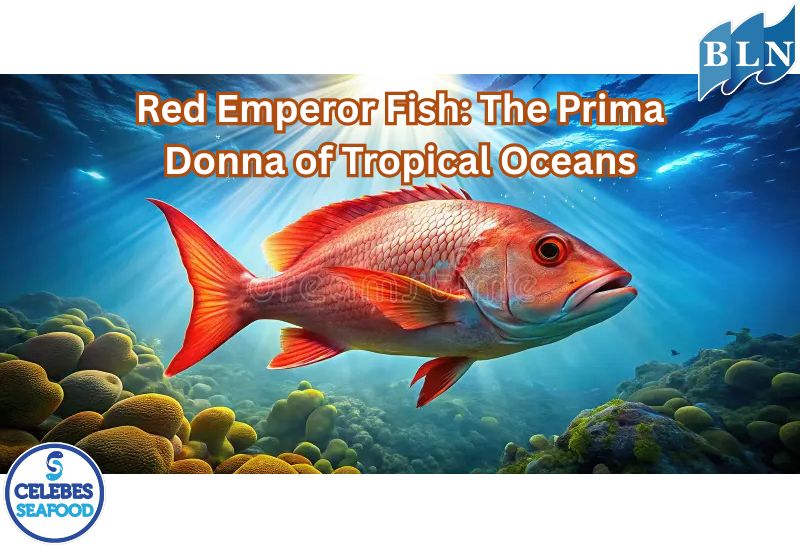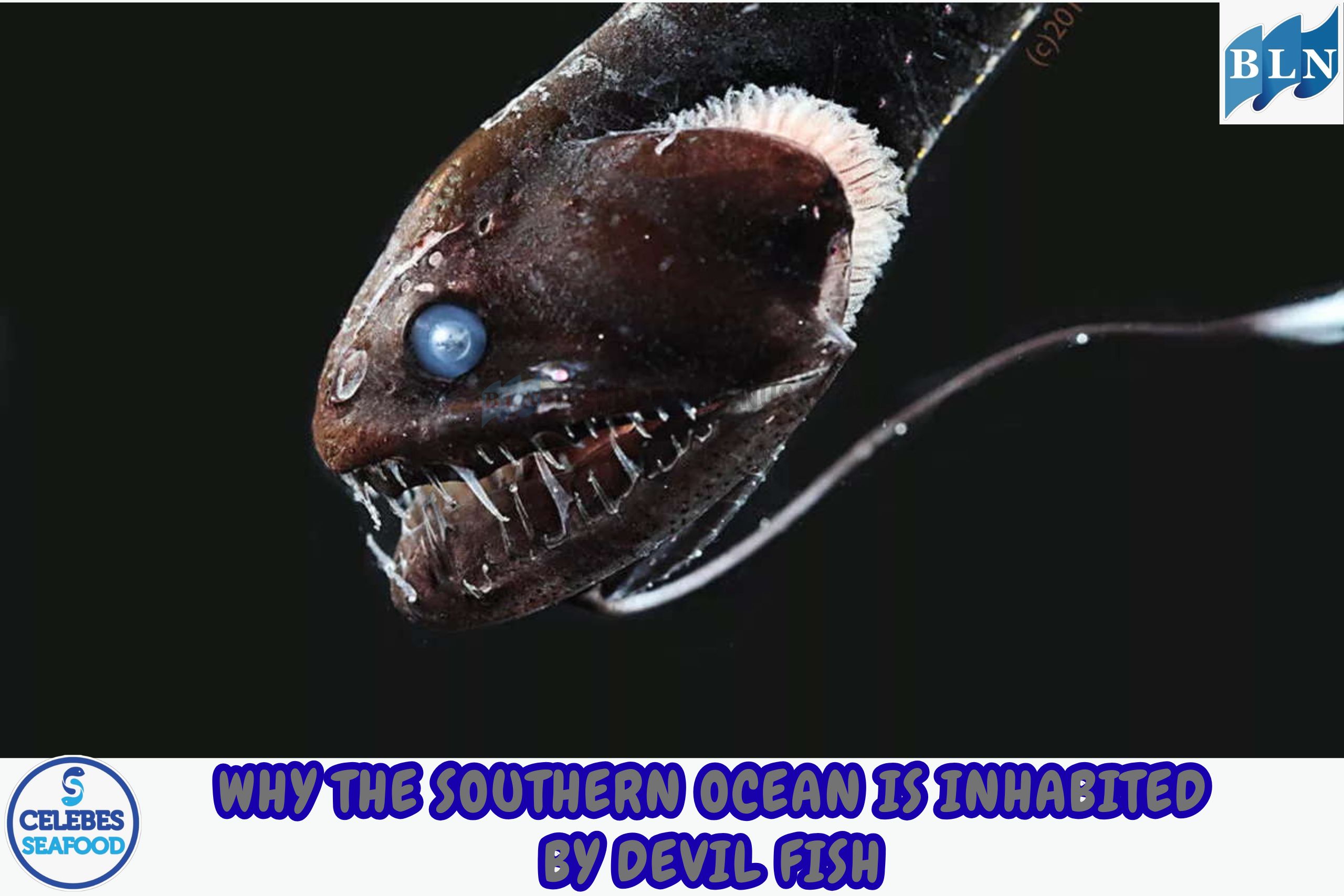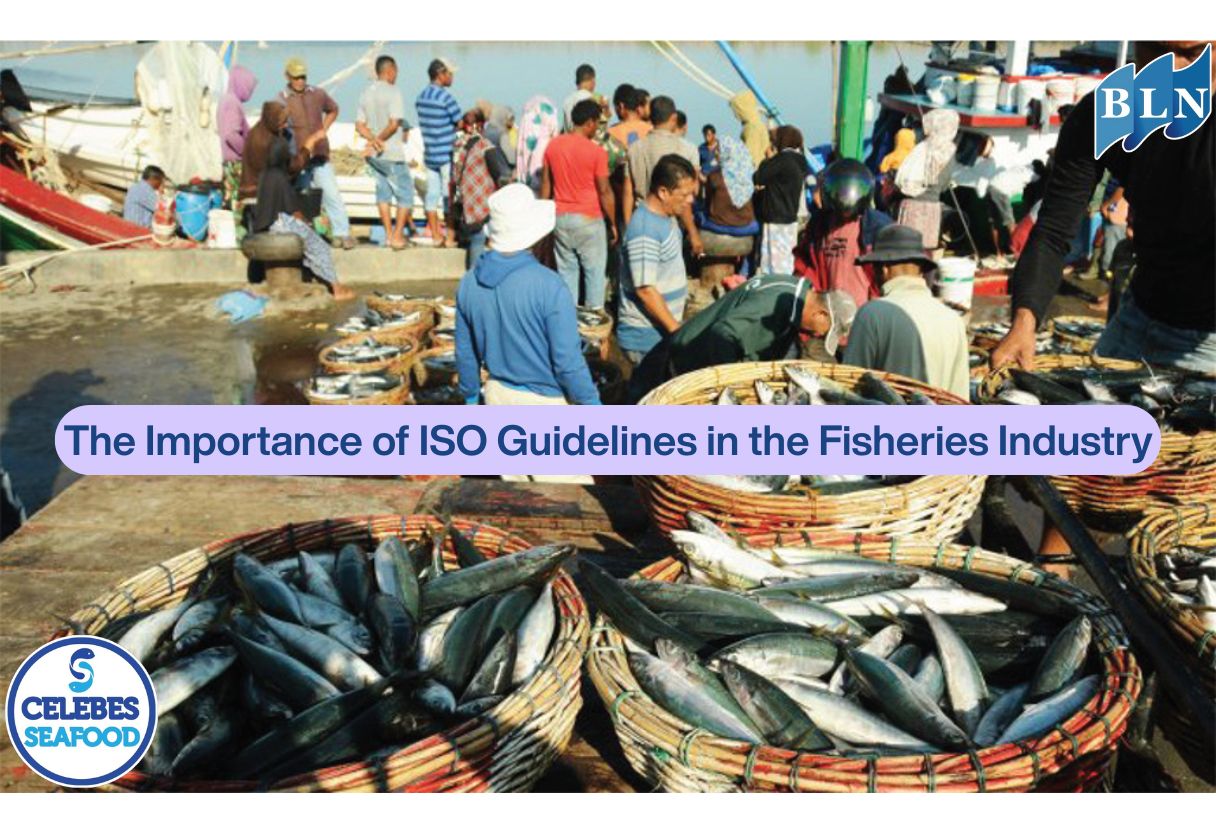The Mysterious Life at the Seabed: Unveiling the Facts About Demersal Fish
By. Rani - 16 Jul 2025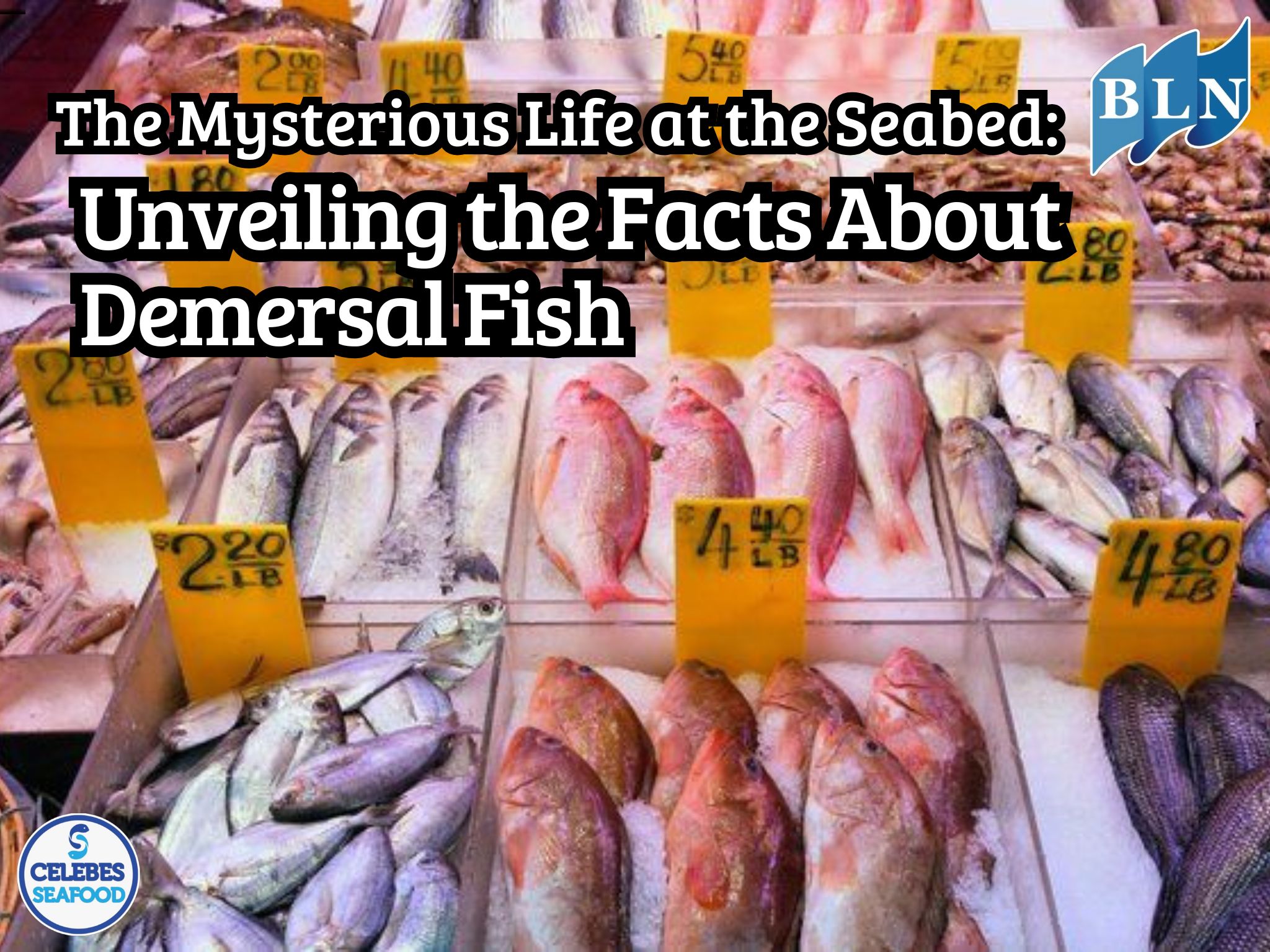
lautnusantara.com The seabed, a world often hidden from our view, holds an extraordinary wealth of biodiversity, including various types of demersal fish. These fish are steadfast inhabitants of the bottom waters, ranging from shallow coastal areas to the dark depths of the ocean. Their unique lives and astonishing adaptations to extreme environments make them a fascinating subject of study and crucial for the balance of marine ecosystems.
What Are Demersal Fish?
Simply put, demersal fish are types of fish that live and feed on or near the bottom of seas, lakes, or rivers. The term "demersal" itself comes from the Latin word "demersus," meaning "sunk." Unlike pelagic fish that live in the open water column, demersal fish spend most of their time in the benthic zone. They possess specific physical characteristics and behaviors that allow them to survive in diverse benthic environments, from sand, mud, and rocks to coral reefs.
Amazing Adaptations to Extreme Environments
Life at the seabed is no easy feat. Demersal fish have developed various adaptations to overcome the challenges of this environment:
- High Pressure: In deep seas, water pressure can be extremely high. Demersal fish living there have strong body structures and specialized physiology that allow them to withstand immense pressure without being crushed.
- Minimal Light: The deeper you go, the less sunlight penetrates. Many demersal fish have large, sensitive eyes to capture faint light, or even develop bioluminescence (the ability to produce their own light) to attract prey or mates, as well as for camouflage.
- Food Sources: Food at the seabed is often limited. Demersal fish have diverse feeding strategies, ranging from detritivores (feeding on organic debris), predators that ambush prey from the bottom, to feeders on benthic invertebrates like worms, crustaceans, and mollusks. Their mouth and teeth shapes are often adapted to their specific diet.
- Camouflage: To hide from predators or ambush prey, many demersal fish have body colors and patterns that blend perfectly with their surroundings, such as the color of sand, mud, or rocks. Some can even change their body color.
- Body Shape: The body shape of demersal fish also varies greatly depending on their habitat. Some are flat and wide for hiding in mud (e.g., rays or sole), some are elongated for slipping between rock crevices (e.g., eels), and others are more torpedo-shaped for swift movement near the bottom (e.g., groupers).
Read Alos : Blue Scad (Decapterus macarellus): Deep-Sea Explorer of Indonesian Waters
Important Role in Marine Ecosystems
Demersal fish play a crucial role in maintaining the balance of marine ecosystems:
- Decomposers and Nutrient Recyclers: Many demersal fish feed on detritus and organic remains, aiding the decomposition process and recycling nutrients back into the ecosystem.
- Part of the Food Web: They serve as prey for larger predators, and at the same time, they also prey on smaller organisms, forming a complex food web.
- Indicators of Environmental Health: The population and health of demersal fish often serve as important indicators for the health of the seabed and the overall aquatic ecosystem. Changes in their populations can signal environmental problems like pollution or climate change.
Challenges and Conservation
Despite living in the depths, demersal fish are not immune to threats. Overfishing, especially with destructive bottom-contact fishing methods like bottom trawling, can destroy habitats and drastically reduce populations. Marine pollution and climate change also contribute negatively.
Therefore, conservation efforts are crucial. Sustainable fisheries management, the establishment of marine protected areas, and further research into the biology and ecology of demersal fish are vital steps to ensure their survival and preserve the mystery and richness of the seabed for future generations.
If you are interested in our Coral Trout Fillet Skin On, CORAL TROUT WGG WHOLE GILLED GUTTED, TOMATO COD WHOLE GILLED GUTTED please do not hesitate to contact us through email and/or whatsapp.
